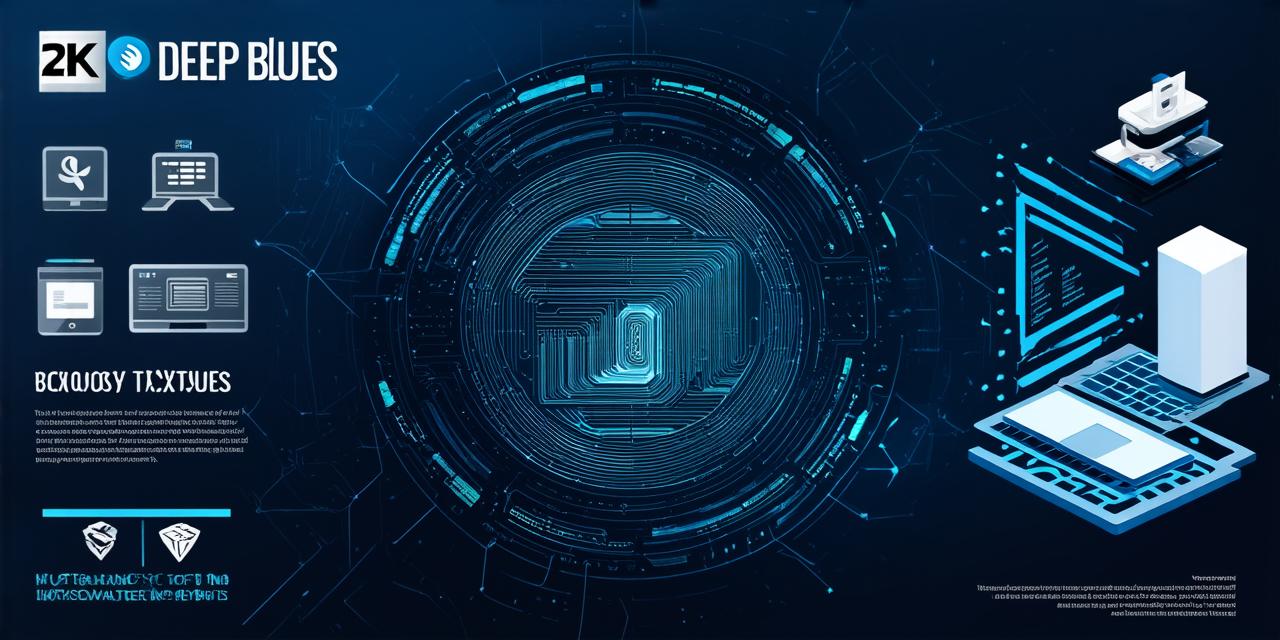Blockchain technology is quickly gaining popularity as an innovative solution for various industries, including finance, healthcare, and supply chain management. But what exactly is blockchain, and how does it work? In this article, we will explore the basics of blockchain technology and its potential applications.
What is Blockchain Technology?
Blockchain is a decentralized, distributed ledger that records transactions across multiple computers in a secure and transparent manner. It allows for secure storage and transfer of data without the need for intermediaries such as banks or government agencies. The technology is built on a network of nodes or computers, each of which maintains a copy of the ledger.
The decentralized nature of blockchain means that there is no single point of failure or control, making it resistant to hacking and fraud. It also allows for increased transparency and security, as all transactions are recorded on a public ledger that can be easily accessed by anyone.
How Does Blockchain Technology Work?

At its core, blockchain technology consists of a series of blocks, each containing a record of multiple transactions. Each block is linked to the previous one using a cryptographic hash function, which creates a unique identifier for the block and ensures that it cannot be tampered with. When new transactions occur, they are broadcast to the network and verified by a group of nodes. Once verified, the transaction is added to a new block, which is then added to the existing chain of blocks. This process is known as mining, and it requires significant computational power to solve complex mathematical equations.
The decentralized nature of the blockchain means that there is no need for intermediaries such as banks or government agencies to facilitate transactions. Instead, these transactions are verified and recorded directly on the ledger by the network of nodes.
Applications of Blockchain Technology
Blockchain technology has a wide range of potential applications across various industries. Here are some examples:
- Finance: Blockchain technology is being used to revolutionize the finance industry, allowing for faster and more secure transactions without the need for intermediaries such as banks. It can also be used to create new financial instruments such as smart contracts, which automatically execute when certain conditions are met.
- Healthcare: Blockchain technology can be used in healthcare to securely store and share patient data, while also ensuring compliance with regulatory requirements. This can help to improve the accuracy and efficiency of medical records, while also reducing the risk of fraud and identity theft.
- Supply Chain Management: Blockchain technology can be used in supply chain management to track products from production to delivery, providing greater transparency and accountability. This can help to reduce the risk of counterfeiting and improve product quality control.
- Voting Systems: Blockchain technology has the potential to revolutionize voting systems, allowing for secure and transparent vote counting without the need for intermediaries such as election officials. This could help to increase voter confidence and reduce the risk of fraud.
FAQs
What is blockchain?
Blockchain is a decentralized, distributed ledger that records transactions across multiple computers in a secure and transparent manner.
How does blockchain technology work?
At its core, blockchain technology consists of a series of blocks, each containing a record of multiple transactions. Each block is linked to the previous one using a cryptographic hash function, which creates a unique identifier for the block and ensures that it cannot be tampered with. When new transactions occur, they are broadcast to the network and verified by a group of nodes. Once verified, the transaction is added to a new block, which is then added to the existing chain of blocks. This process is known as mining, and it requires significant computational power to solve complex mathematical equations.
What are some potential applications of blockchain technology?
Blockchain technology has a wide range of potential applications across various industries, including finance, healthcare, supply chain management, and voting systems.
How does blockchain technology improve security and transparency?
The decentralized nature of blockchain means that there is no single point of failure or control, making it resistant to hacking and fraud. It also allows for increased transparency and security, as all transactions are recorded on a public ledger that can be easily accessed by anyone.
